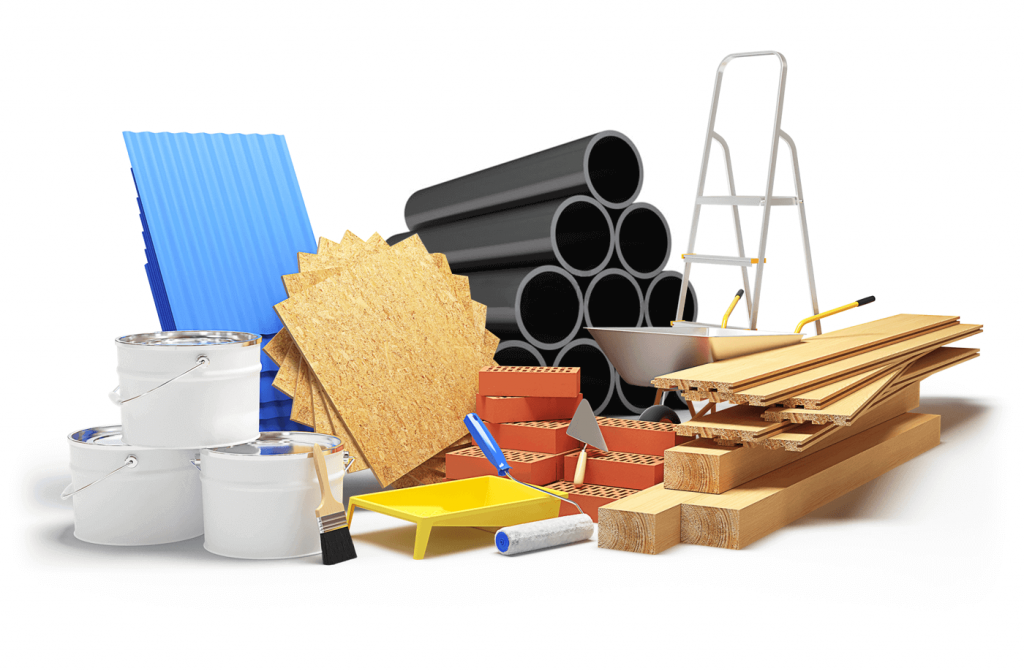When it comes to construction, choosing the right metal is crucial for ensuring durability and longevity. With a wide range of options available, it can be challenging to determine which metal is the most suitable for your project. In this comprehensive guide, we will explore the various factors to consider and reveal the most durable metal for construction.
- Understanding Durability in Construction:
Durability in construction refers to a material's ability to withstand external forces, such as weather conditions, structural loads, and corrosion. A durable metal should possess high strength, resistance to corrosion, and the ability to maintain its structural integrity over time. - Factors Influencing Metal Durability:
a. Strength: The strength of a metal determines its ability to withstand heavy loads and impacts. Metals like steel and titanium exhibit exceptional strength, making them ideal for construction projects that require high structural integrity.
b. Corrosion Resistance: Corrosion can significantly weaken metals, leading to structural failure. Stainless steel, known for its high resistance to corrosion, is widely used in construction, especially in environments exposed to moisture and chemicals.
c. Environmental Factors: Different metals perform differently under varying environmental conditions. For example, aluminum is highly resistant to corrosion in coastal areas, making it a popular choice for seaside construction projects.
d. Maintenance Requirements: Some metals require regular maintenance to retain their durability. For instance, while iron is strong, it is prone to rust and requires protective coatings or regular painting to prevent corrosion.
- The Most Durable Metal for Construction:
After careful consideration of various factors, including strength, corrosion resistance, and environmental adaptability, titanium emerges as the most durable metal for construction. Titanium possesses exceptional strength-to-weight ratio, excellent corrosion resistance, and is highly resistant to fatigue, making it an ideal choice for long-lasting structures. - Applications of Titanium in Construction:
a. Aerospace Industry: Titanium's lightweight and high strength properties make it a preferred choice for aircraft and spacecraft construction, ensuring durability and fuel efficiency.
b. Bridge Construction: Titanium's corrosion resistance and high strength make it suitable for building bridges, especially in coastal areas or regions with harsh weather conditions.
c. Medical Facilities: Titanium is widely used in the construction of hospitals and medical facilities due to its biocompatibility, corrosion resistance, and ability to withstand sterilization processes.
d. Sports Infrastructure: Titanium is utilized in the construction of stadiums and sports facilities due to its durability, ability to withstand heavy loads, and resistance to corrosion from sweat and weather conditions.
Conclusion:
Choosing the most durable metal for construction is a critical decision that impacts the longevity and safety of structures. By considering factors such as strength, corrosion resistance, environmental adaptability, and maintenance requirements, titanium emerges as the top choice for ensuring durability in construction projects. Its exceptional properties make it suitable for a wide range of applications, from aerospace to medical facilities and sports infrastructure.

